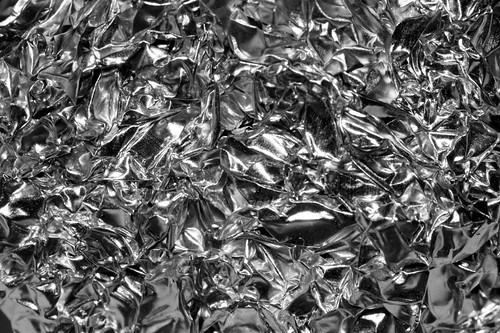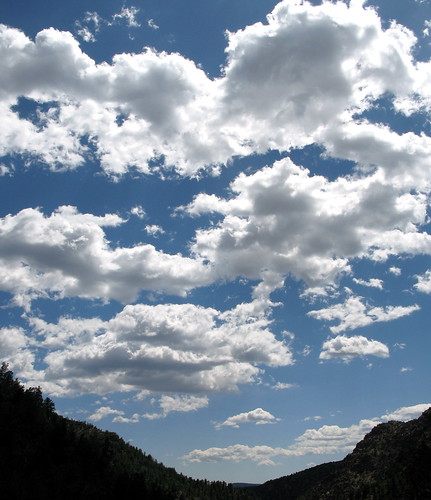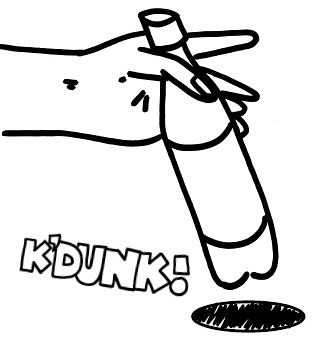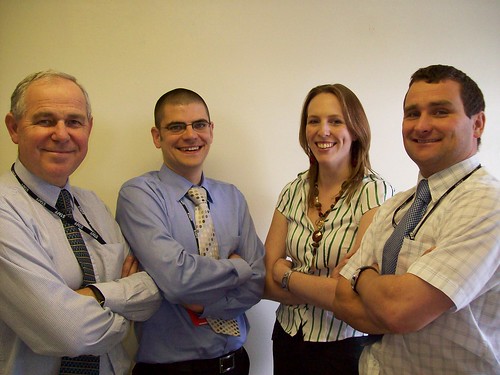With students and staff recycling at least 56% of their waste at the University and recycling a whole array of materials you might be forgiven in thinking….
[thought bubble] Hmmm what can I actually put in the normal domestic rubbish bins? [/thought bubble]
This is obviously a question that has been on the lips of staff and students because I have been getting regular emails about the subject.
We have had the recycling facilities in for more than a year now, staff and students are really keen to recycle as much as possible, so it is only fair to ask the question! But I have to say I struggle to answer it!
There are a few things that we can’t recycle, mainly packaging that is made up of more than one type of material, for example you might get a sandwich wrapper that is made of plastic and cardboard. Or stuff that is contaminated with food such as burger wrappers and snotty tissues
I have drawn up a list of the items we cannot recycle but are struggling to think of any more.
Can you help?!
What we don’t recycle:
Coffee cups made of card

Food contaminated metals (e.g. yogurt pot lids)
Contaminated paper products such as snotty hankies and paper towels
Objects that are made from more than one material, for example some products are made of mix of paper and plastic like sandwich cartons made of paper and cardboard. Or some metal products have a plastic coating. Or pens for example
Polystyrene food packaging
Food wrappers which are contaminated or made from more than one material (sandwiches, sweets, chocolates etc)
Crisp packets (made from combined plastic and foil)
Polystyrene chips
Instruments or tools of more than one material
Stationery of more than one material
Soil and stones
Old style light bulbs
latex packaging
Toys
Spectacles
Drinks cartons such as milk, juice and Tetrapak 
ADDED: Plastic pill containers with metal foil pop wrappers (C Gerrard 30/10/09)
ADDED: Broken crockery/mugs/cups/plates etc (E Patterson 30/10/09)
If any one can add to the list of materials we cannot recycle I would love to hear from you!
In fact I will give you a free mug ! Email recycle@ncl.ac.uk with sensible suggestions.
What can you recycle on campus? www.ncl.ac.uk/recycle

daniel Enjoying a cup of tea out of his new mug




 Hannah settling into her new role ather desk
Hannah settling into her new role ather desk